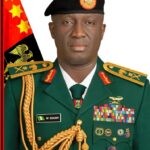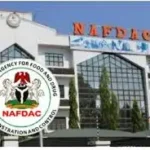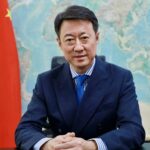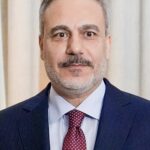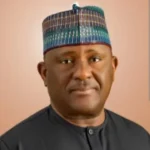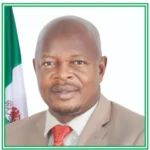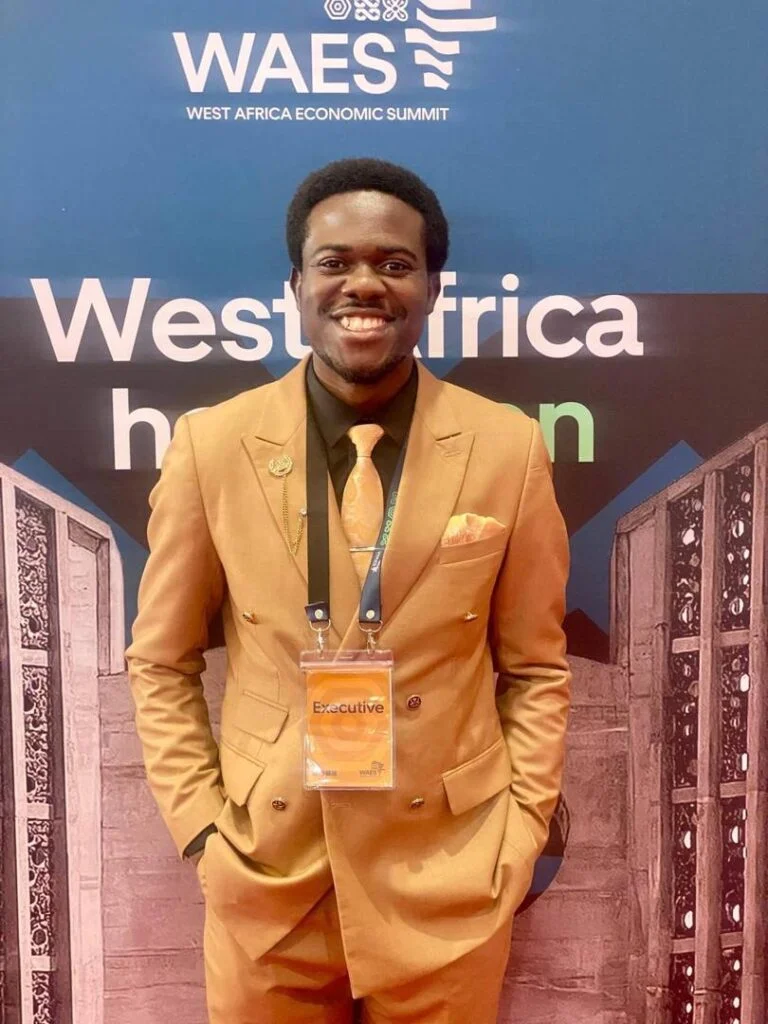By Raji Rasak
Mr Nehemiah David, a Nigerian scholar and First Class Honours graduate of French Education from the University of Benin, says he is championing Artificial Intelligence (AI) human integration for global language solutions.
David disclosed this in a telephone interview with the News Agency of Nigeria (NAN) in Lagos on Friday.
According to him, he is among a growing cohort of African professionals shaping the future of translation and interpretation in a digital age.
“As AI transforms global communication, I am advocating for a model that prioritises human insight in tandem with technological advancement.
“Machines can translate the sentence but only humans can translate the soul of the message,” he said.
David said that he combined academic excellence with practical field experience.
According to him, looking ahead, he sees translation not simply as a technical service but as foundational to global cooperation.
“In the coming decade, translation won’t just support development, it will drive it.
“It will be essential infrastructure for public policy, international business, and inclusive education,” he said.
“With over a decade in language services, my contributions span translation, interpretation, and education across both national and international sectors.
“From interpreting at African Union summits and environmental policy forums to mentoring French language learners across Nigeria, my approach bridges linguistic precision with cultural understanding,” he said.
He said that his research had garnered interest from AI think tanks, language education networks, and ethics panels across Francophone West Africa.
“Translation is not merely a service; it is a responsibility.
“Done right, it fosters understanding; mishandled, it risks deepening divides,” he said.
David, however, proposed an integrated model where AI functions as a tool, but with human interpreters guiding its application.
“Citing examples from Microsoft’s multilingual meeting platforms to robotic interpreters in Japanese airports, AI should be the engine, and humans the pilot,” he said.
David encouraged adoption of blended systems that retained the speed of machines while preserving the depth of human expression.
His recommendations included national frameworks to train interpreters in AI post-editing,
“Curriculum redesign to embed AI in tertiary language programmes, and collaboration between technologists, linguists, and policy stakeholders,” he said.
He also called on the Nigerian Institute of Translators and Interpreters (NITI) to champion these reforms at scale.
“As founder of Neboda Education Hub and president of the Community of French-Speaking Champions Initiative (CSI-COFSCI), I have trained hundreds of students in bilingual education, AI-enhanced language tools, and interpretation ethics,” he said.
He said that his efforts aimed to professionalise the language industry while expanding access and opportunity for emerging talent.
David said his leadership had earned him several honours, including the Most Outstanding Scholar of the Year and an Honorary Doctorate in International Affairs from a UK-based institution. (NAN)(www.nannews.ng)
Edited by Vivian Ihechu

